ADHD: Raising An Explosive Child
The Latest Scientific Approach To Hyperactive Childhood For Positive Parenting. Recognize ADD And Learn New Emotional Control Strategies To Thrive In Adulthood
Theresa Miller
Congratulation on purchasing this eBook and thank you for doing so.
Please enjoy!
About The Author
THERESA MILLER is a cognitive therapist focusing on the treatment of anxiety and addiction, committed to studying and researching methods to complement therapy - a line of work she continues to pursue successfully among her patients.
She is particularly interested of affective vulnerability factors, such as distress intolerance and attachment, that are common across psychological disorders, with a focus on those that can be modified with behavioral treatment.
Other focus are on the behavioral therapies then, also if are highly effective for a number of psychiatric disorders, there is significant room for improvement, in generally.
His first work, now published over one year ago, was "Best Seller" in the Anxiety Disorder category for many time, but it is advisable to have it also in the audiobook version.
Her passion is to help adults and teenager, helping them to achieve a better quality of life by confronting issues of depression, anxiety, stress, and low self-esteem, shown their how to use their mind to detox.
THERESA MILLER is an impact maker who aspires to bring out the best in everyone she comes in contact with.
Follow her for more and new updates on fb
 Facebook
Facebook
Copyright
No part of this publication may be reproduced, distributed or transmitted in any form or by any means, including photocopying, recording, or other electronic or mechanical methods, without the prior written permission of the publisher, except in the case of brief quotations embodied in critical reviews and certain other noncommercial uses permitted by copyright law.
Although the author and publisher have made every effort to ensure that the information in this book was correct at press time, the author and publisher do not assume and hereby disclaim any liability to any party for any loss, damage, or disruption caused by errors or omissions, whether such errors or omissions result from negligence, accident, or any other cause.
Adherence to all applicable laws and regulations, including international, federal, state and local governing professional licensing, business practices, advertising, and all other aspects of doing business in the US, Canada or any other jurisdiction is the sole responsibility of the reader and consumer.
Neither the author nor the publisher assumes any responsibility or liability whatsoever on behalf of the consumer or reader of this material. Any perceived slight of any individual or organization is purely unintentional.
The resources in this book are provided for informational purposes only and should not be used to replace the specialized training and professional judgment of a health care or mental health care professional.
Neither the author nor the publisher can be held responsible for the use of the information provided within this book. Please always consult a trained professional before making any decision regarding treatment of yourself or others.
For more information, email:
Copyright << 2021 >> by THERESA MILLER
All rights reserved
Contents
Introduction
Approximately 11 percent of all children in the United States are diagnosed with attention deficit hyperactivity disorder (ADHD). It is a neurodevelopmental disorder that can interfere with a childs academic and personal life.
The statistics for children who suffer from ADHD are profound. The symptoms first appear between the ages of three and six, while the average age of children who are diagnosed is seven. Approximately 6 percent of children in the United States are treated for ADHD with stimulant or nonstimulant medication.
Most staggering of all is the fact that there has been a 42 percent increase in the number of children diagnosed with ADHD in the past eight years.
This book is designed to help you through the challenges that ADHD creates. An introduction to ADHD can help you understand the disability and symptoms. You will learn about getting a diagnosis and what that entails.
Perhaps most importantly, you will learn about different treatments available and what you can do to help your child become a successful adult while keeping yourself healthy.
It is important to note that although boys and men are three times more likely to be diagnosed with ADHD, girls and women do still often suffer from the disability too. If your child is diagnosed with ADHD, please remember that you are not alone in your journey!
Chapter One: What Is ADHD, What Are the Symptoms, and When Should I Get My Child Evaluated?
Y ou are losing your mind when your sons first grade teacher, Mrs. Paris, calls for the second time in a week. It seems that your son, little Charlie, is having a few issues in class. Today, she reports that when he came in from recess, he refused to sit down and work on his math assignment. Instead, he picked up his chair, acted like he was attached to it, and raced around the room. She suggests that perhaps it might be time to have Charlie evaluated for ADHD.
At first, you are resistant. Everyone has heard the squirrel jokes associated with ADHD. You know, the one that goes, I was talking to my friend, oh look a squirrel. And Charlie can focus on activities when he wants to. After all, he can play his games for hours without moving. However, ADHD is more complicated than that. There are many symptoms associated with ADHD, and the correct diagnosis and treatment can mean a life changing difference for you and your child.
What Is ADHD?
Attention deficit hyperactivity disorder is more than a simple inability to sit still or stay focused on a task for very long. It is a neurodevelopmental disorder that affects social, academic, and other functions. Like other neurodevelopmental disorders, ADHD manifests itself early in your childs development, usually before they start school. It is not diagnosed until specific symptoms are exhibited. Most kids are diagnosed when they are around seven years old. Sometimes, a child may be diagnosed when they are older, but it is very likely that they had some of the symptoms when they were younger.
How do you know if your precious baby has ADHD or is just acting like a normal kid their age? There are specific signs that may point to the answer.
Each person may show different signs of ADHD. Just like so many other mental and physical health issues, ADHD is not a one-size-fits-all disorder, making it difficult to diagnose ADHD.
Signs and Symptoms
One sign of ADHD is if your child shows self-focused behavior. they are unable to perceive other peoples needs and desires. They might interrupt conversations or activities and may be unable to wait their turn, either in games or classroom activities. Likewise, they could also frequently interrupt people when they are talking or inserting themselves into conversations, games, etc., that they are not a part of.


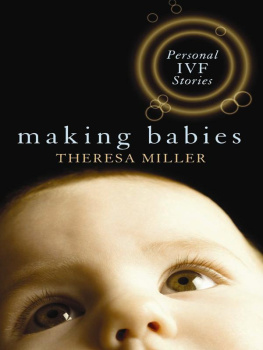

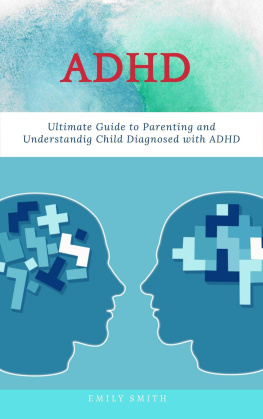
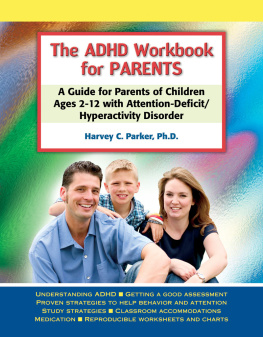
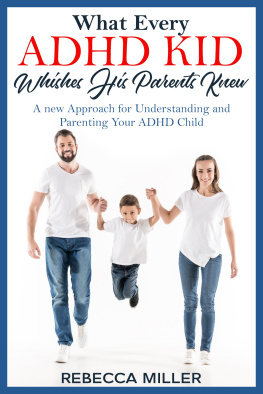
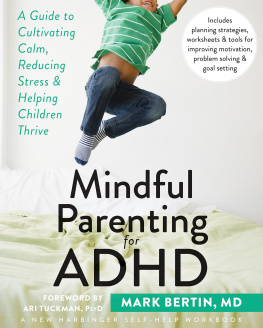

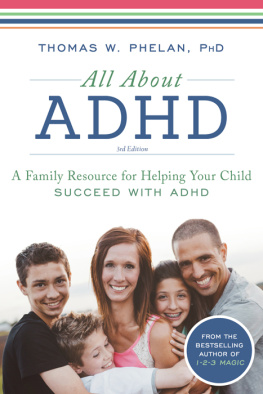
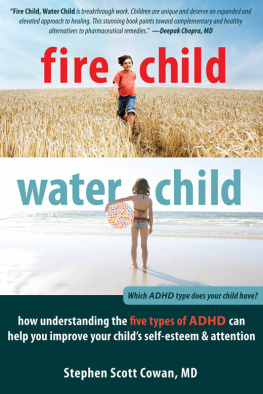

 Facebook
Facebook